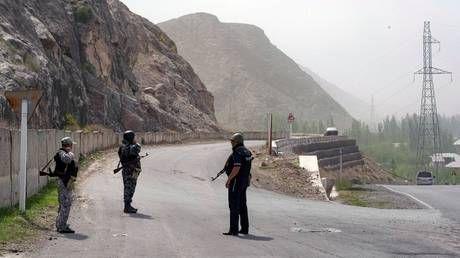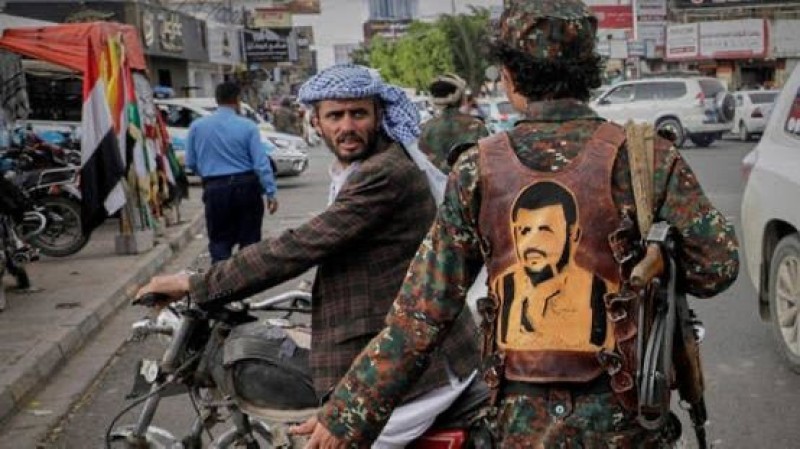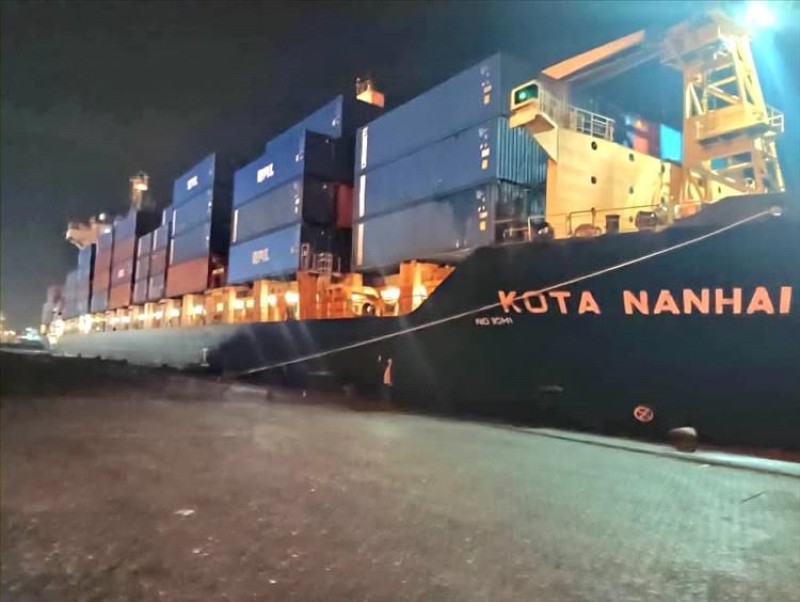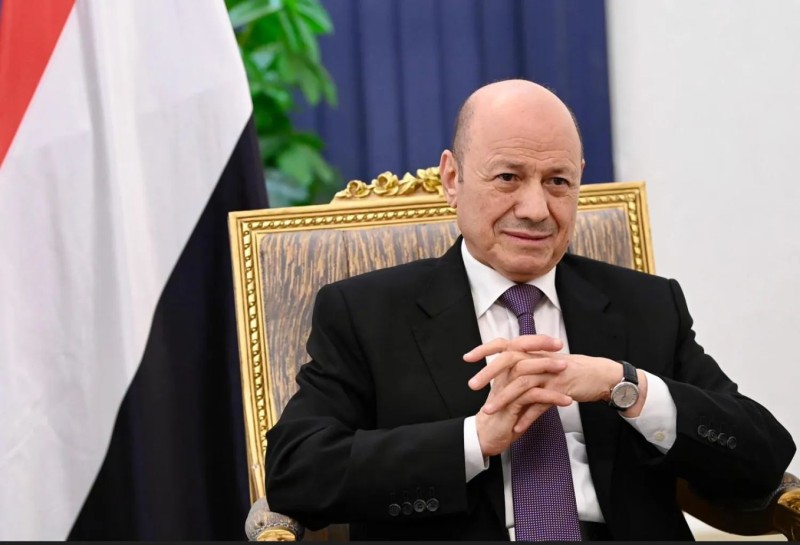Red Cross concerned over rebel offensive in central Yemen
The International Committee of the Red Cross in Yemen said Friday it was ``extremely concerned'' by the recent escalation of violence between Iran-backed Houthi rebels and government forces in in the oil-rich Marib province.
``The ICRC urges all parties to the conflict to take every possible measure to protect the civilians, their properties and all civilian essential infrastructures,'' the humanitarian agency tweeted.
The ICRC said it has provided medical supplies, including surgical kits, to hospitals treating the wounded, vowing to continue with the provision of medical needs.
Earlier this month, Houthi rebels renewed their attacks on Marib, the last anti-Houthi stronghold in central Yemen. Advances stalled however amid stiff resistance and airstrikes from the Saudi-led coalition that opposes them. The latest bout of violence killed dozens of fighters, mostly Houthis, and sparked fears of a new humanitarian crisis.
Marib province has served as a sort of haven for around 1 million Yemenis who have fled Houthi offensives since the start of the war in 2014, according to U.N. figures.
The U.N. special envoy for Yemen Martin Griffiths told the U.N. Security Council Thursday that the conflict had taken ``a sharp escalatory turn'' after the Houthis launched the Marib offensive.
``I have condemned this many times... and I repeat my call now: The attack on Marib must stop,'' Griffiths said. ``It puts millions of civilians... at risk, especially with the fighting threatening to reach the camps for internally displaced persons.''
On Friday, the Spokesperson for the UN High Commissioner for Human Rights voiced concern over the fate of several thousand of internally displaced people, or IDPs, who had to flee from Marib's district of Swarih eastward to the province's capital, after the heavy fighting left them without water, electricity, heath and educational needs.
``If the frontlines continue to move east towards the city and other populated parts of Marib Governorate, it is likely hundreds of thousands of civilians will be forced to flee the area,'' Liz Throssell said in a statement.
She called on all parties to ensure safe passage for civilians, including IDPs and East African migrants who have been stranded on their way north to Saudi Arabia. Humanitarian workers and aid should be allowed to reach civilians in all areas at all times, she added.
Yemen's war started in 2014 when the Houthis seized the capital, Sanaa, and much of the country's north. The Saudi-led, U.S.-backed coalition intervened months later to dislodge the rebels and restore the internationally recognized government. The conflict has killed some 130,000 people and spawned the world's worst humanitarian disaster.




